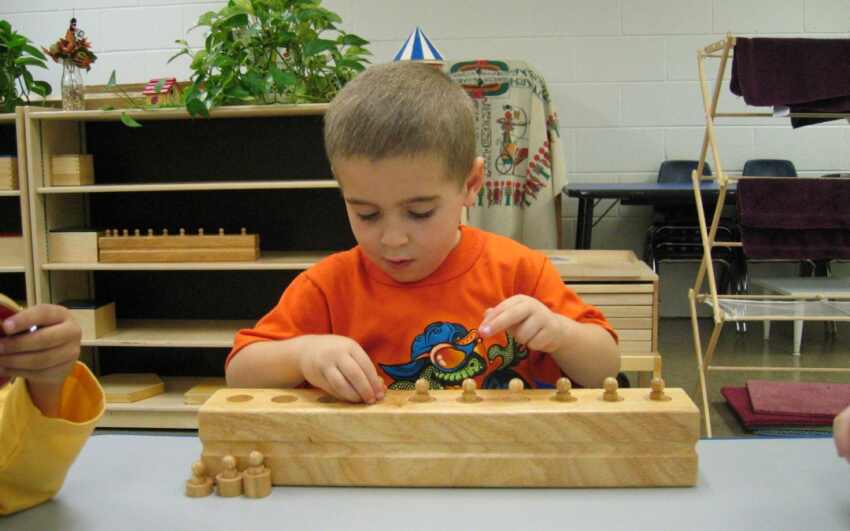High Quality International Montessori Measurement Activities to Encourage Critical Thinking
Montessori education emphasizes hands-on learning and encourages children to engage in activities that foster critical thinking skills. Measurement activities are an integral part of the Montessori curriculum, as they provide opportunities for children to explore mathematical concepts and develop logical reasoning. Beyond mere rulers and scales, Montessori offers a wide array of creative measurement activities that engage children’s curiosity and challenge their analytical abilities.
1. The Mystery of Measurement
In this activity, children are presented with a collection of objects of varying sizes and asked to measure them using non-conventional tools. For instance, they might use strings, feathers, or pencils to determine the length, width, or weight of an object.
This activity encourages critical thinking as children have to think creatively and independently to decide which unconventional tool would be appropriate for each measurement. It also helps them develop an understanding of comparative measurement and estimation.
2. The Scale of Balance
The scale of balance is a classic Montessori activity that fosters critical thinking through experimentation. Children are provided with a balance scale and a variety of objects with different weights. They are then challenged to balance the scale by placing the objects on each side.
This activity promotes critical thinking skills by requiring children to observe, compare, and make logical judgments about the weight of different objects. It also introduces the concept of equilibrium and helps develop their spatial reasoning ability.
3. The Fraction Ruler
In this activity, children are introduced to rulers that are divided into fractional segments, such as halves, thirds, or quarters. They are then guided to measure objects using these fractional rulers, learning about fractions and their relationship to linear measurements.
This activity encourages critical thinking as children have to interpret fractional units and make precise measurements. It also enhances their understanding of fractions and introduces the concept of division as a way to measure and compare lengths.
4. The Measuring Forest
The measuring forest is an engaging outdoor activity that challenges children to use their critical thinking skills while exploring nature. Children are provided with a tape measure or a string marked with units, and they are asked to measure various components of the natural environment, such as trees, rocks, or leaves.
This activity fosters critical thinking by encouraging children to observe, compare, and reflect on the measurements they obtain. It also stimulates their curiosity about the natural world and develops their understanding of measurement units.
5. The Time Puzzles
Montessori measurement activities include time puzzles that help children develop critical thinking skills while learning about the concept of time. Children are presented with puzzles or games that require them to match clocks with specific times, such as analog clocks with digital representations or clocks showing different time zones.
These puzzles promote critical thinking by challenging children to analyze clock faces, interpret time representations, and make logical connections. They also foster problem-solving skills and enhance their understanding of time measurement.
Measurement activities in Montessori education go beyond the traditional use of rulers and scales. With a variety of creative and engaging activities, children develop critical thinking skills while exploring mathematical concepts and logical reasoning. The activities mentioned above, including The Mystery of Measurement, The Scale of Balance, The Fraction Ruler, The Measuring Forest, and Time Puzzles, provide valuable opportunities for children to enhance their critical thinking abilities and develop a deeper understanding of measurement principles.
Nidhin
For More Details Call: +917510220582

